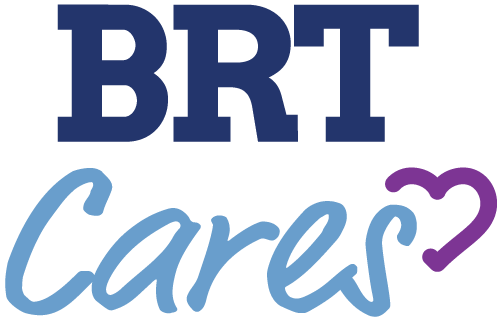Preparing for a Performance at a Conference or Other Professional Event
Travel Notes

Performing at a music conference such as those of the Iowa Bandmasters Association, Illinois Music Educators Association, Midwest Clinic or other similar professional organizations are often musical highpoints for performers and conductors alike. Once you have applied and your ensemble has been invited to perform for a prestigious event, serious preparation must begin.
Traveling to the Event
An initial consideration is the distance to the event and the travel requirements. The logistics are important and can take much time and effort to plan. All aspects of the trip from transportation to lodging to meals to educational and recreational opportunities for the students must be thought out carefully. Hiring the services of a reputable travel company will enable you, the director, to focus almost exclusively on the artistic aspects of the performance.
Programming Your Performance
Programming for a conference performance is exciting but can be daunting. This performance needs to represent your best in concert programming, and it is definitely appropriate to “pull out all the stops” and select the finest music for your group. As always, program music with your audience in mind. Who will be attending this conference? The type of program you might build for a performance at the Iowa Bandmasters Association Conference would potentially be different from that for a national music education organization or other type of conference.
Be respectful in terms of the specified program length. How many times have we attended concerts that have gone too long? Way too Long? If you have been assigned a 60-minute performance slot, then plan on approximately 45 to 50 minutes of music. Remember to build in time for transitions between pieces and individual movements, announcements, presentations, etc. Conferences must run on schedule so be sure to honor the time allotted you and your group.
Beyond having a program of proper length, consider this an opportunity to stretch your group musically and technically beyond what they might typically be able to accomplish for a given performance. The students will be highly motivated by performing at such an important event, and you will likely schedule more rehearsals than you normally would for a concert or festival. This will be the ideal time to challenge them to achieve their highest musical level. As in all effective programs, create good variety, and include works that feature a soloist and a guest conductor or even guest composer.
Rehearsing for the Big Day
Conference invitations are often extended a year in advance, so you should have ample time to plan the concerts for the year around the conference appearance. Be sure to schedule a concert at home before you leave for the conference, and build in some rehearsal time to follow that performance for continued refinement on the music. Also incorporate regularly scheduled sectionals for more detailed work. It is advisable to bring in experts on each instrument to assist in the coaching process, and you will want to plan a clinic or two with a guest clinician so that you have someone with a fresh perspective working with your students. Be sure to frequent record and evaluate your rehearsals for more effective assessment.
Since the group will be performing in an unfamiliar venue, planning rehearsals in different rooms and halls will help your students develop the ability to adjust to new spaces. Schedule a rehearsal in the auditorium of a nearby school or performing arts center. There is tremendous value not only in performing in a new space, but also practicing the loading and transporting of everything that will be needed for the conference performance. If something important is forgotten, it is much better that it is forgotten during a trip to a rehearsal venue than on the actual conference trip. Performing concerts en route as part of the conference tour can really help a group sharpen their performance and build momentum toward the culminating event. From my experience, students appreciate being able to perform a program multiple times because their performance level and confidence usually improve with each successive performance. Try to schedule some extra performances or even rehearsals along the way.
Your ensemble should be assigned a rehearsal time in the performance hall before your performance. The strategy for your sound check will vary based on whether it is the day before your performance or if it is on the same day. If it is on the day before, you can feel comfortable having your students perform the entire program at full strength. If the sound check is the same day of your performance, take care to pace the students so they will be fresh for the performance. In this case, be sure to at least start each piece, review transitions, etc. Also, take care to not talk too much during the sound check. Use this time to let the students play and get accustomed to the new space. Of course, make comments to adjust for the hall, but do not waste the opportunity of this important sound check by talking too much.
Final Preparations
When planning the logistics, make detailed checklists for the instruments (esp. percussion instruments, mallets, sticks), music, concert attire, concert programs, etc. Be sure you know what equipment will be provided at the performance site such as large percussion, concert shell, risers, piano, etc. Be familiar with the locations and procedures for loading and unloading your equipment. Will you need parking permits for the buses and equipment truck?
Have a good system for ensuring everything the group needs gets loaded onto the buses and equipment truck, and that everything gets loaded back onto the vehicles following the performance. Caution: Take an extra set of complete parts and score for each piece of music you perform! See that the extra sets are transported in a different vehicle from the students’ music folders, which you will have collected following the last rehearsal. If an instrument is forgotten, it may be possible to borrow one from an area school or even a conference exhibitor, but it will be impossible to perform if the music is left at home.
Be sure the concert programs are of high quality and that you know how many to have at the event. If you have not yet designed a conference program, request that your colleagues who have performed at conferences send you samples of their programs. This may help you with design ideas. Take care to carefully proofread the program and ask others to read it as well so it will be error free.
Conference performances are special and a worthy goal to which to aspire for your program. To commemorate the occasion, you may want to create a special item such as a shirt, patch, lapel pin, recording, etc. for the participants. Remember to appreciate and enjoy every aspect of these special experiences because they occur quite infrequently during the course of a career, and it is likely that these performances will rank among the most musically memorable for you and your students.
BRT is here to help plan the travel aspect of your next conference performance. Contact us today to get started.
Richard Mark Heidel is Director of Bands and Professor of Music in the School of Music at the University of Iowa where he conducts the Symphony Band, teaches graduate courses in conducting and wind band literature, guides the graduate band conducting program, and oversees the University of Iowa band program. Ensembles under Dr. Heidel’s direction have performed at state, regional, and national conferences including those of the College Band Directors National Association, Music Educators National Conference, Wisconsin Music Educators Association, Illinois Music Educators Association, National Band Association-Wisconsin Chapter, and Iowa Bandmasters Association. He has also led concert tours to Ireland and England as well as throughout the Midwest.
Newsletter: Get helpful tips and performance group travel news:
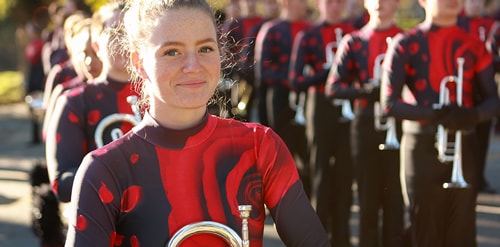
Performance
Group Travel
Performance group travel has been the heart of our business since 1981.

International
Group Travel
Learn about the eye-opening experiences that international travel offers.
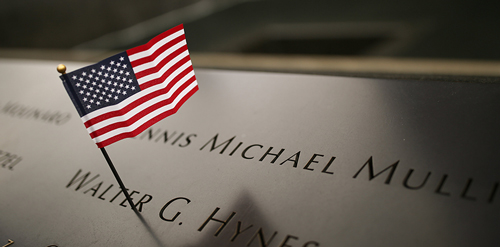
Educational
Group Travel
Student group travel brings learning to life.

Group Travel
Destinations
Discover some of our most popular student-friendly destinations.
Parades & Events:
The art of performance travel perfected.
Parents & Students:
Build friendships. Explore new places. Make memories.
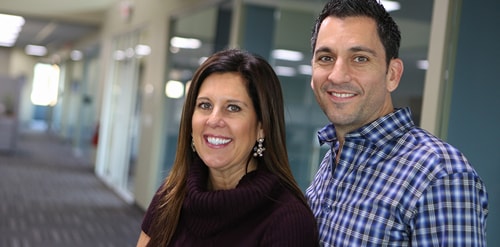
About Us
We craft travel experiences that allow you to share the world with your students.
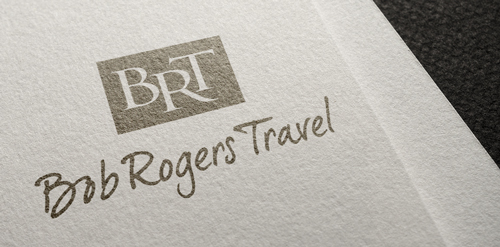
Our Company
Learn more about our history, our values and our commitment to serving your needs.
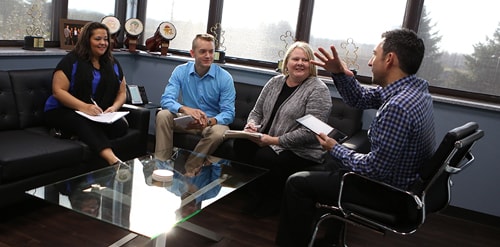
Our Team
Good people and great relationships are the keys to perfect travel experiences.

Technology
Our tools make traveling with a group easier, safer and more efficient.
